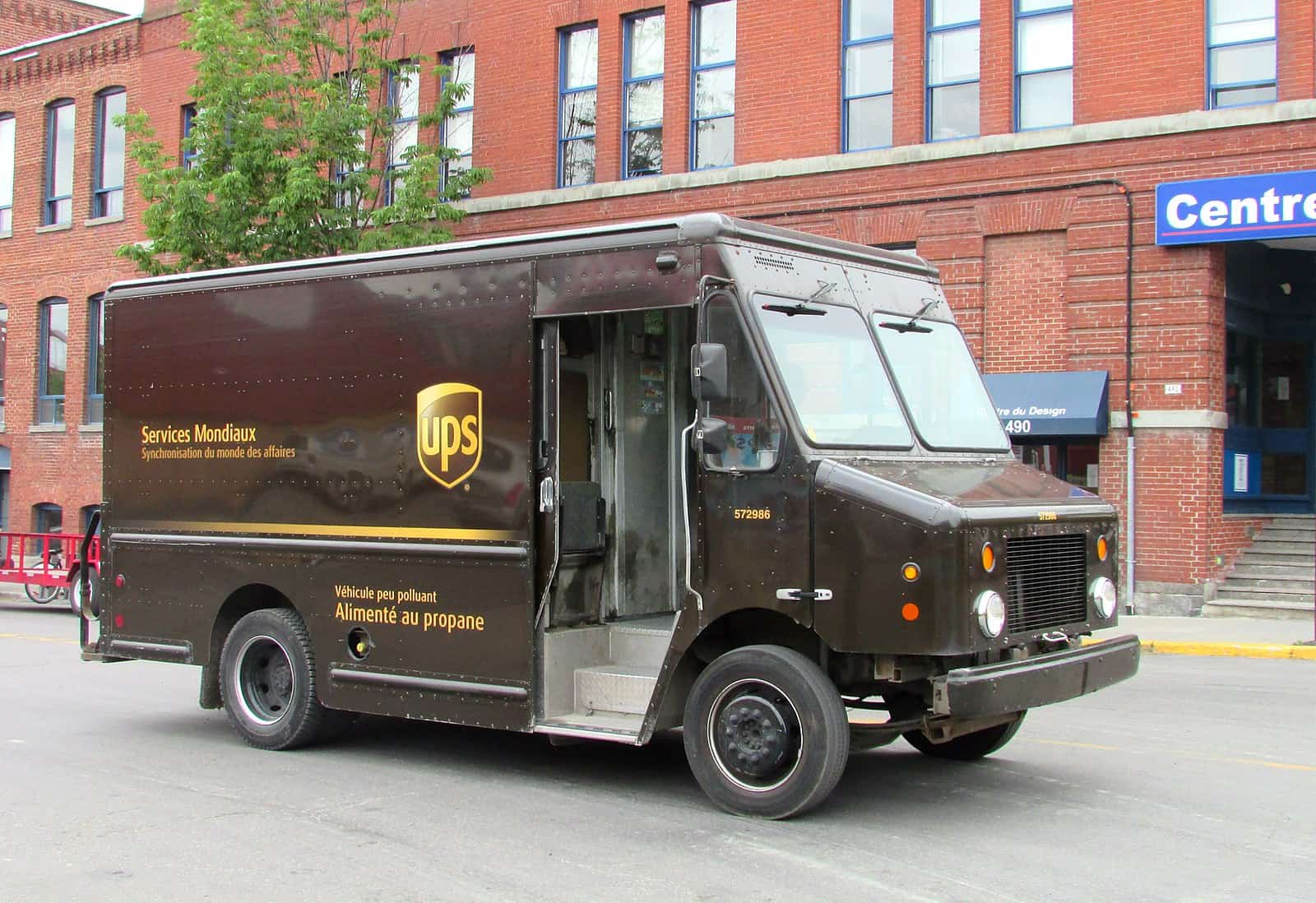
Jon Levitan is a student at Harvard Law School and a member of the Labor and Employment Lab.
Yesterday Senate Democrats released their $3.5 trillion dollar budget blueprint that they hope to pass via reconciliation without needing any GOP votes. A publicly released memo sent by Budget Committee Chairman Bernie Sanders (I-Vt.) details the provisions in the budget, including universal pre-K, free community college, and a path to lawful permanent status for undocumented immigrants. And Sanders’s memo confirms that “labor enforcement and penalties” are intended to be included in the final package passed. Bloomberg Law reports that the language is designed primarily to do two things. First, Democrats intend to create some sort of tax credit or deduction for money spent on union dues, providing an extra financial incentivize for workers to unionize. Workers had long been able to deduct union dues in some circumstances from their federal taxes before that deduction was eliminated in the 2017 Republican tax bill. Democrats intend to at least reinstate the deduction, or—depending on what the Senate Parliamentarian thinks of all this—even create a refundable tax credit for money spent on union dues.
Second, Democrats intend to include civil penalties for violations of the NLRA in the budget measure. Ben, Tascha, and Maxwell wrote last month about why this provision, which would finally provide the NLRB with some real teeth, is worth fighting for. This measure is seen as having the best chance to clear the Parliamentarian’s watchful eye, since the money collected for violations of the NLRA would go straight to the NLRB, a federal agency.
The Teamsters (IBT) will be electing a new president to succeed James P. Hoffa this year, and UPS—the Teamsters’s largest employer and party to the largest private sector CBA in the country—is nervously watching the race according to Freight Waves. The two leading candidates are Steve Vairma, who is favored by Hoffa, and Sean M. O’Brien, president of the IBT Local 25 in Boston. O’Brien is something of an insurgent, with a reputation as a firebrand and is especially feared by UPS. “He is feared inside UPS for being a no-compromise hardliner,” an industry executive told Freight Waves. “In any situation involving his local, [UPS] felt it had no good way to control him.” O’Brien’s insurgent slate won some key victories at the IBT convention earlier this, including the elimination of a rule that required two thirds of a bargaining unit to vote no on a contract to deny its ratification and enacted a rule that strike funds would begin to be disbursed immediately, rather than on the eighth day of a strike. If O’Brien wins the election, he will be in charge of the negotiations with UPS. The current CBA expires in July 2023.






Daily News & Commentary
Start your day with our roundup of the latest labor developments. See all
February 20
An analysis of the Board's decisions since regaining a quorum; 5th Circuit dissent criticizes Wright Line, Thryv.
February 19
Union membership increases slightly; Washington farmworker bill fails to make it out of committee; and unions in Argentina are on strike protesting President Milei’s labor reform bill.
February 18
A ruling against forced labor in CO prisons; business coalition lacks standing to challenge captive audience ban; labor unions to participate in rent strike in MN
February 17
San Francisco teachers’ strike ends; EEOC releases new guidance on telework; NFL must litigate discrimination and retaliation claims.
February 16
BLS releases jobs data; ILO hosts conference on child labor.
February 15
The Office of Personnel Management directs federal agencies to terminate their collective bargaining agreements, and Indian farmworkers engage in a one-day strike to protest a trade deal with the United States.